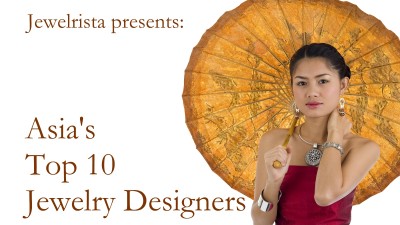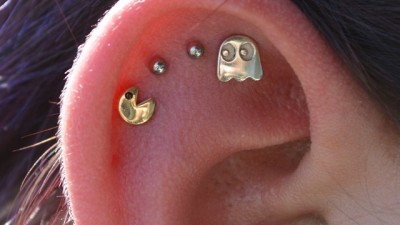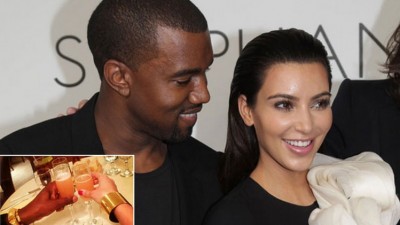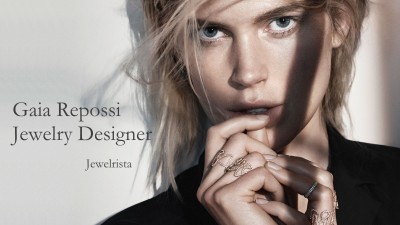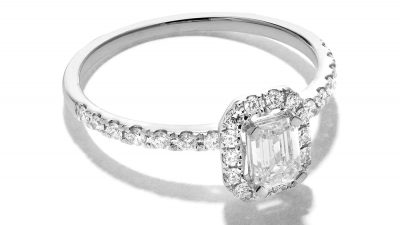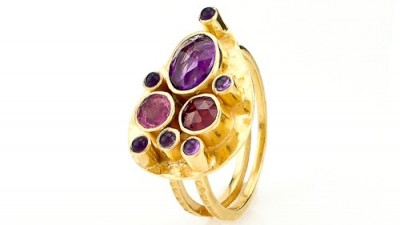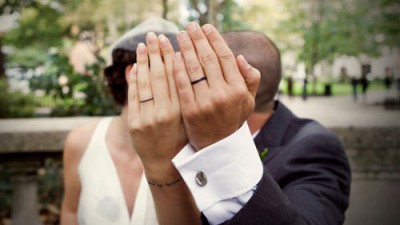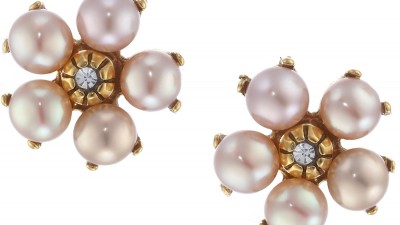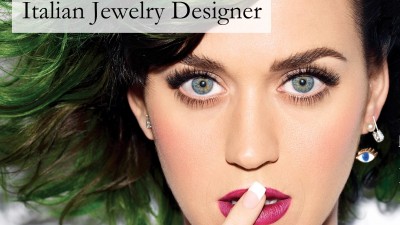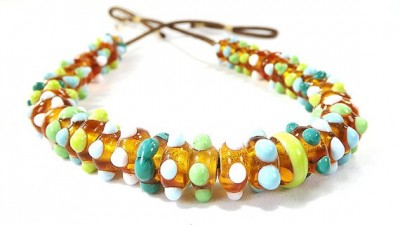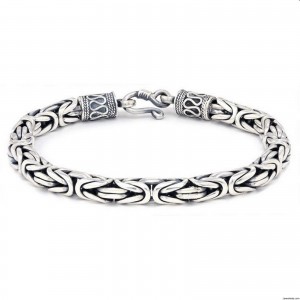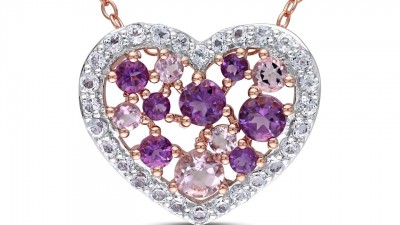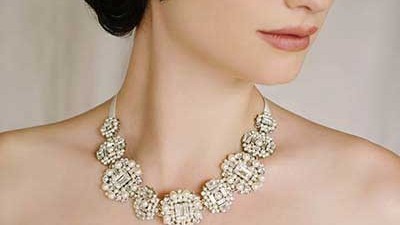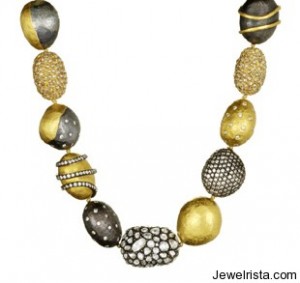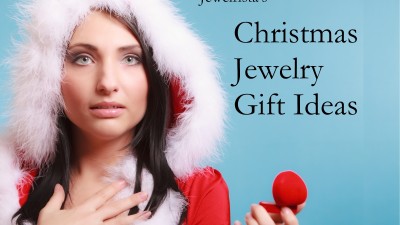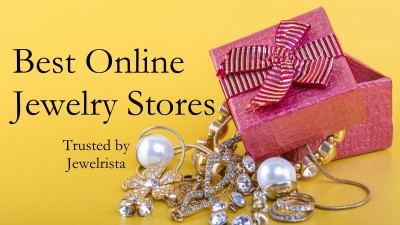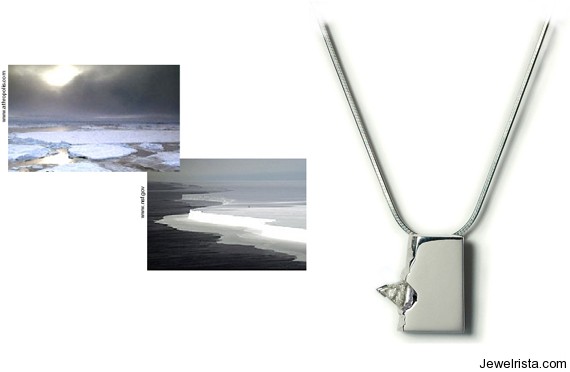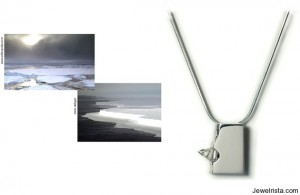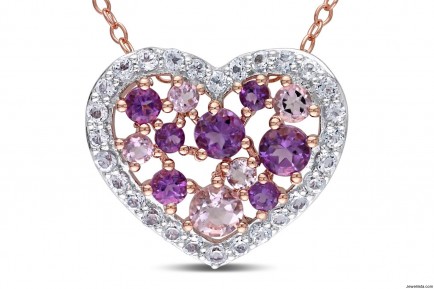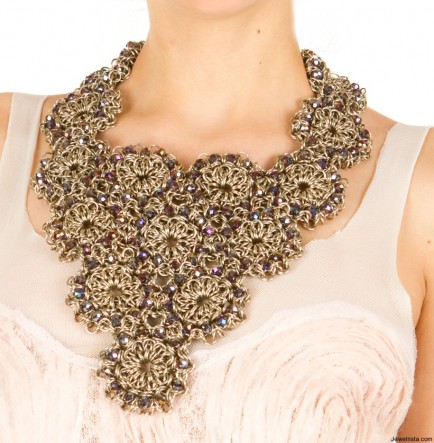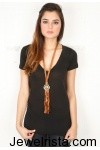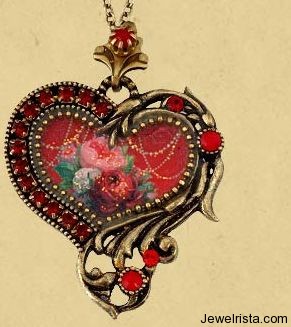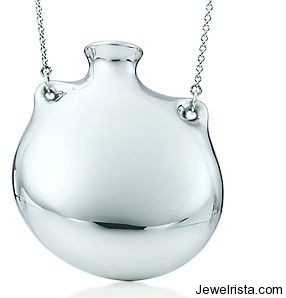Continuing the Arctic Ice theme, the Ice Floe necklace features a natural, uncut macle (triangular)
diamond set in 18k white gold.
An exciting and natural feature of this diamond is that it fluoresces blue-white under UV light, hence the surname Blue Ice.
Approximately 36%, or one-third of diamonds have the natural property of fluorescence. Once upon a time, in the early part of the 20th century, blue fluorescing diamonds were the most sought-after diamonds available, often termed “Premier’ diamonds, since a large quantity of them came from the Premier mine in South Africa. Later falling out of favour, fluorescing diamonds are now enjoying a revival in popularity for their unique, apparently ‘magical’ property.
Fluorescence is the result of the concentration of submicroscopic particles compressed into the diamond during its formation in the earth’s crust, which, when exposed to invisible UV light rays, become excited and fluoresce. They only remain in fluorescence while stimulated by ultraviolete light. The most common colour of fluorescence is blue-white, but colours of pink, orange or even red can occur. For example, the famous Hope Diamond fluoresces a strong red.
Another excellent example of fluorecence in diamonds is Alan Bronstein’s Aurora Butterfly of Peace, which is comprised of 240 unset fancy coloured diamonds which fluoresce in a variety of colours when exposed to UV light. The Aurora Butterfly of Peace has been exhibited widely in North America, including The Nature of Diamonds exhibition (2008-2010).
For more on fluoresence in diamonds, see Gems & Gemology, Winter 1997 (15 pages).
18k white gold, .77ct uncut macle diamond, from Russia.
(Size and origin of diamonds may vary. A portable UV penlight is provided with each necklace.)
To learn more about this necklace, visit Niki Kavakonis.



